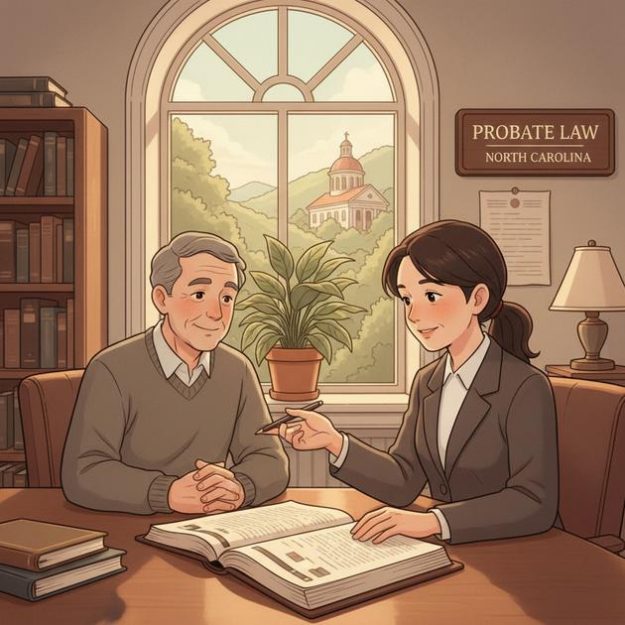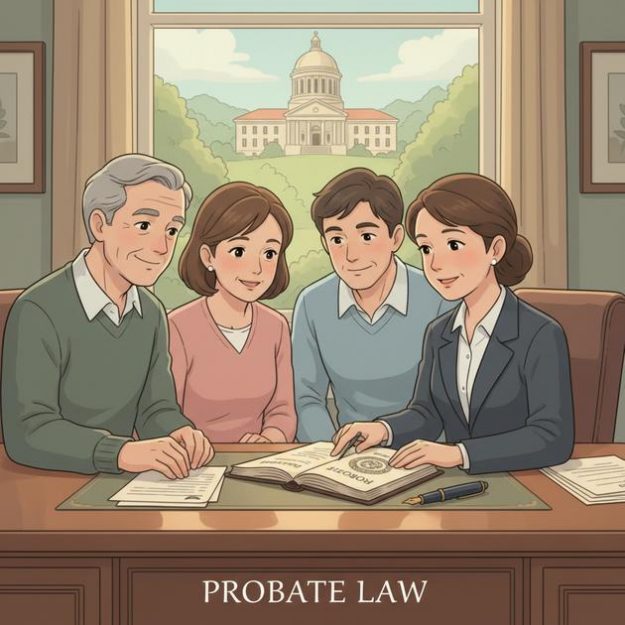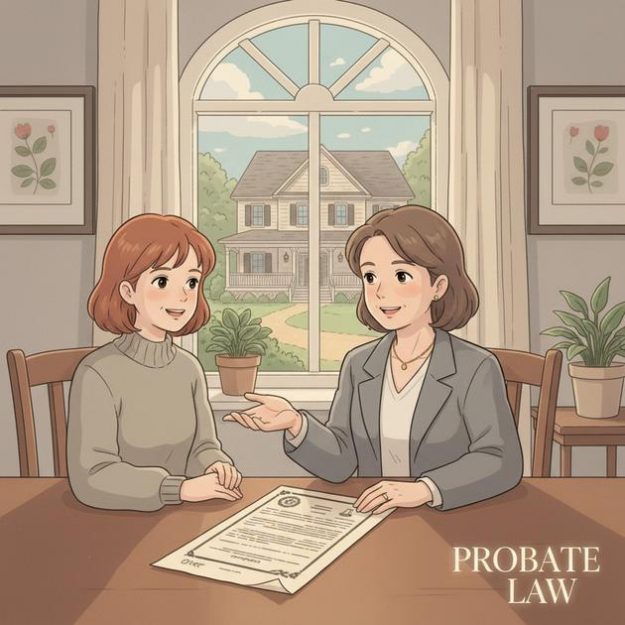How can I resolve a billing dispute with a funeral home while the estate is being opened or administered? NC
How can I resolve a billing dispute with a funeral home while the estate is being opened or administered? – North Carolina Short Answer In North Carolina, a funeral or cremation bill is usually treated as an estate expense that the personal representative can pay, but only after verifying what was authorized and what is…











